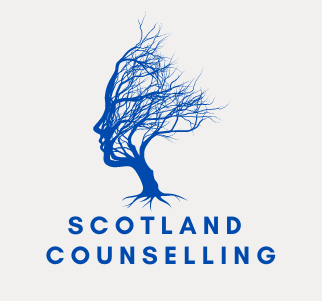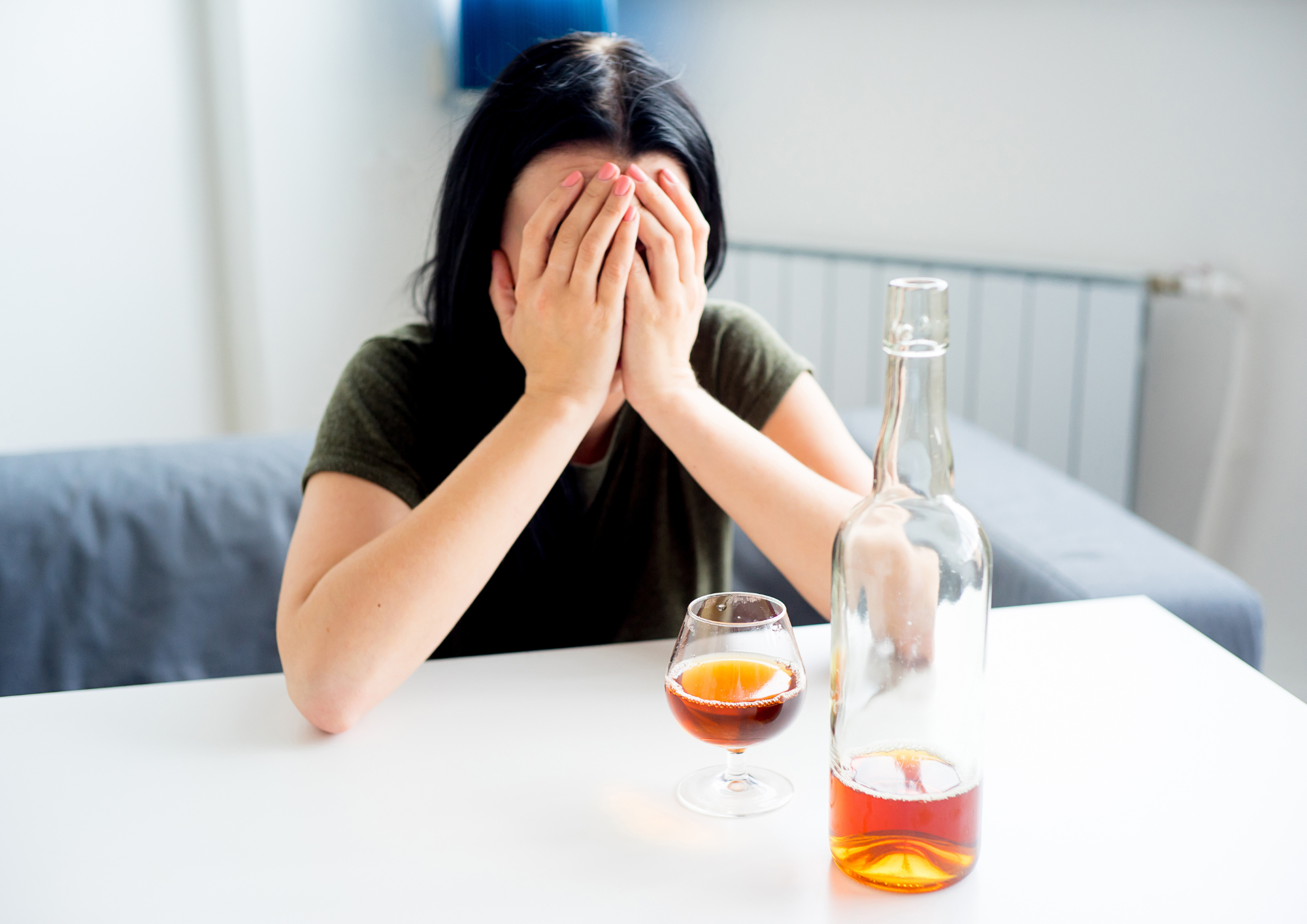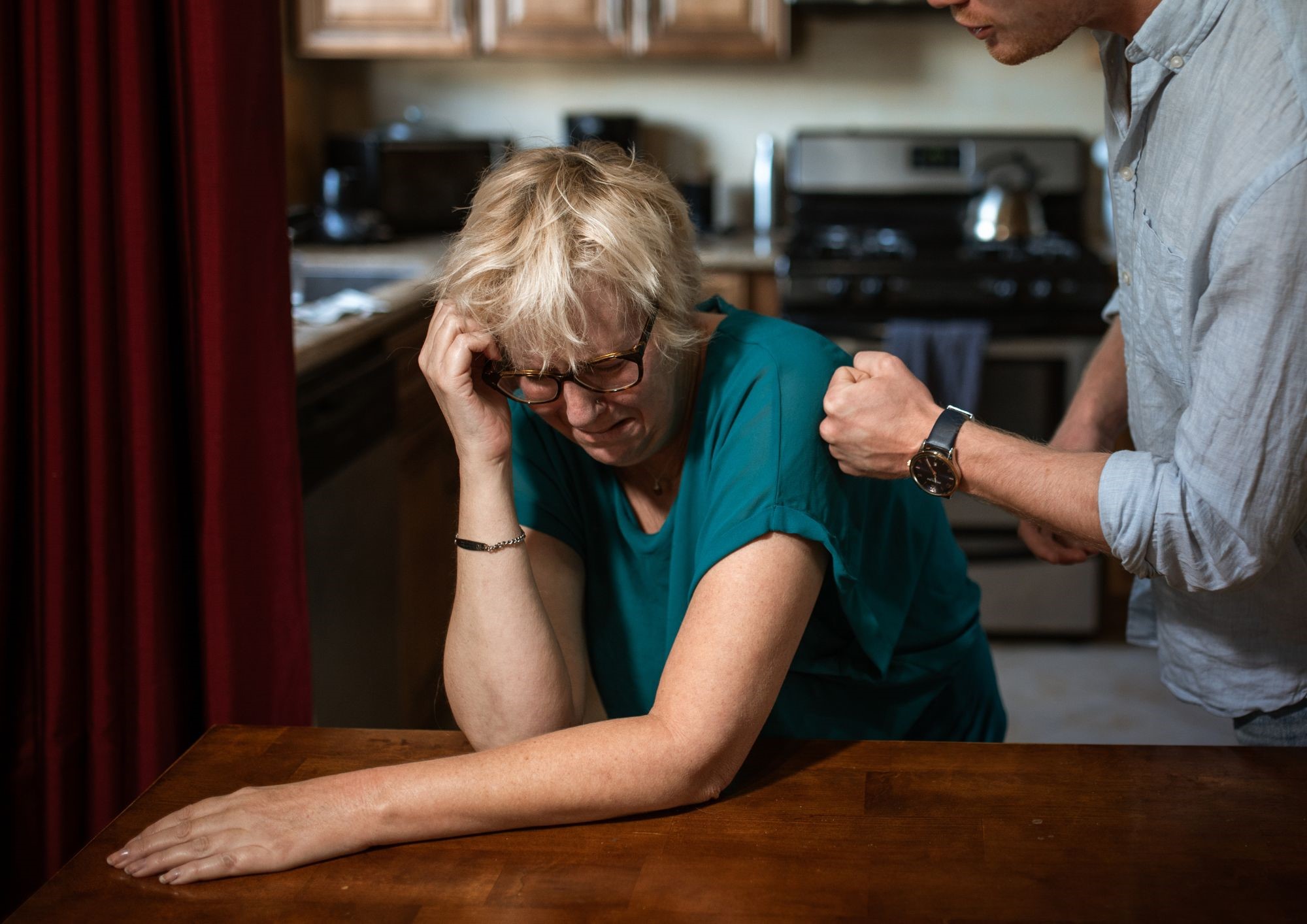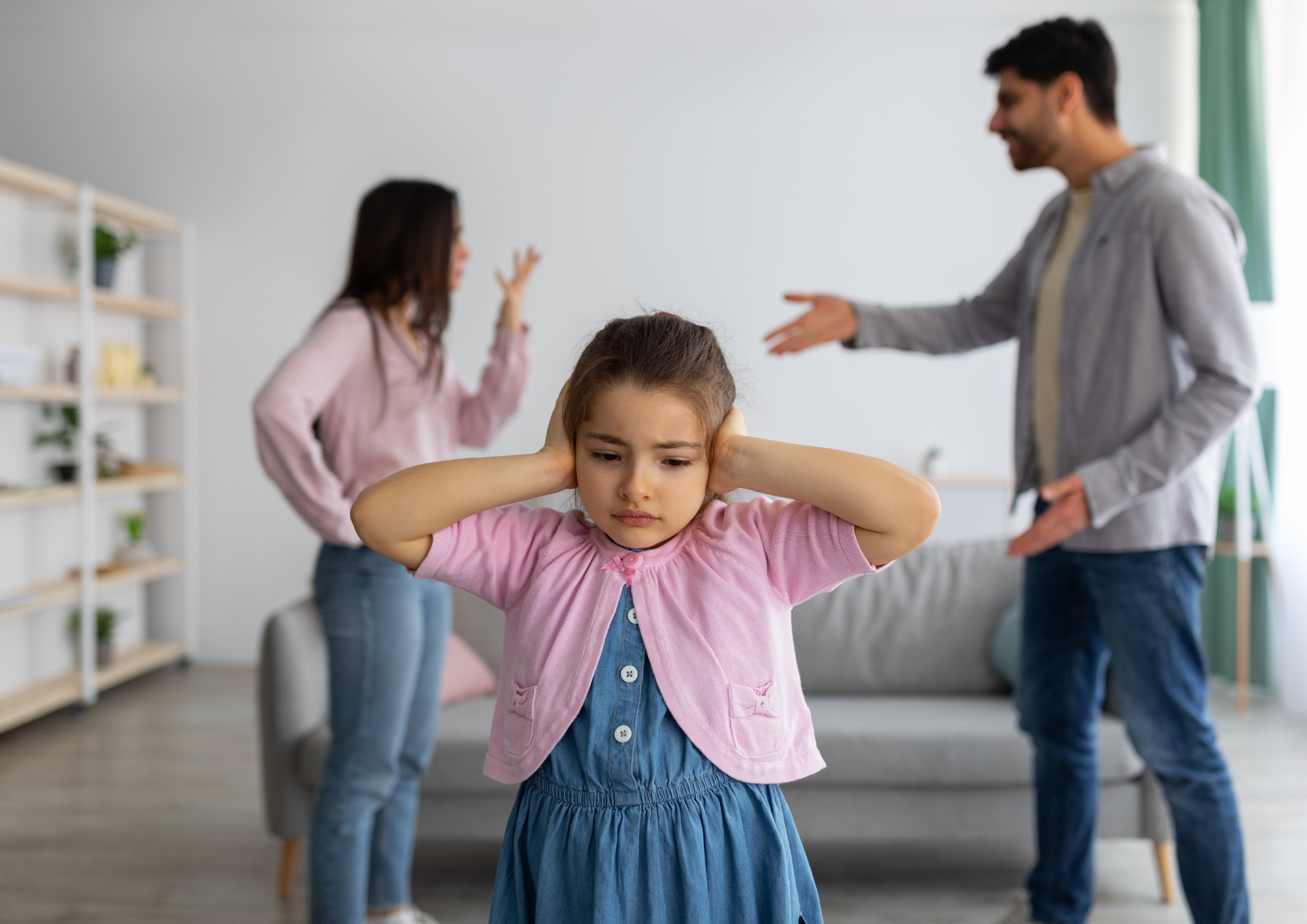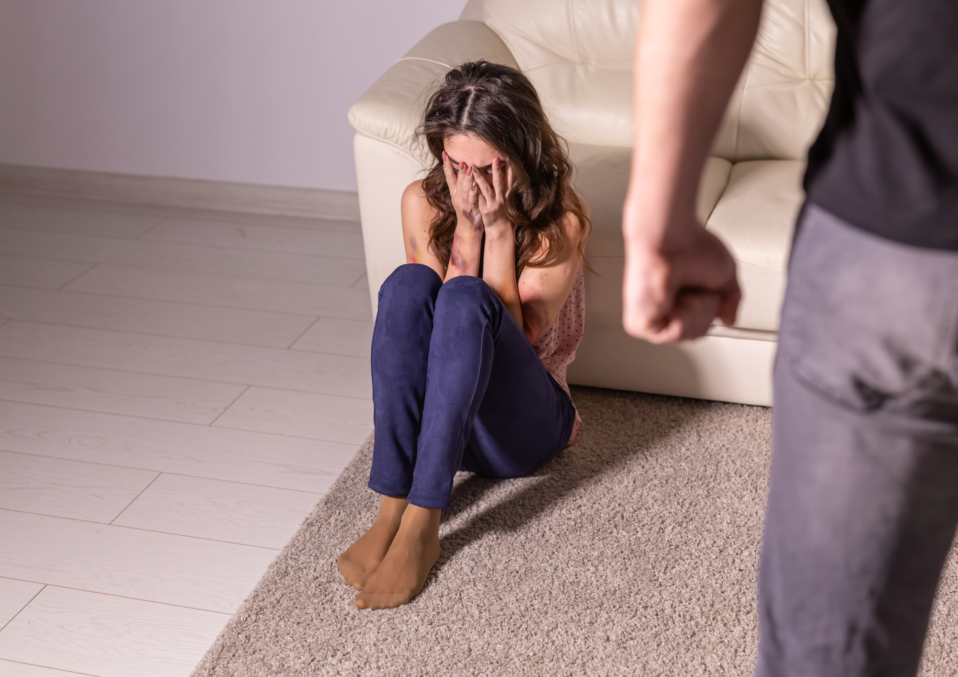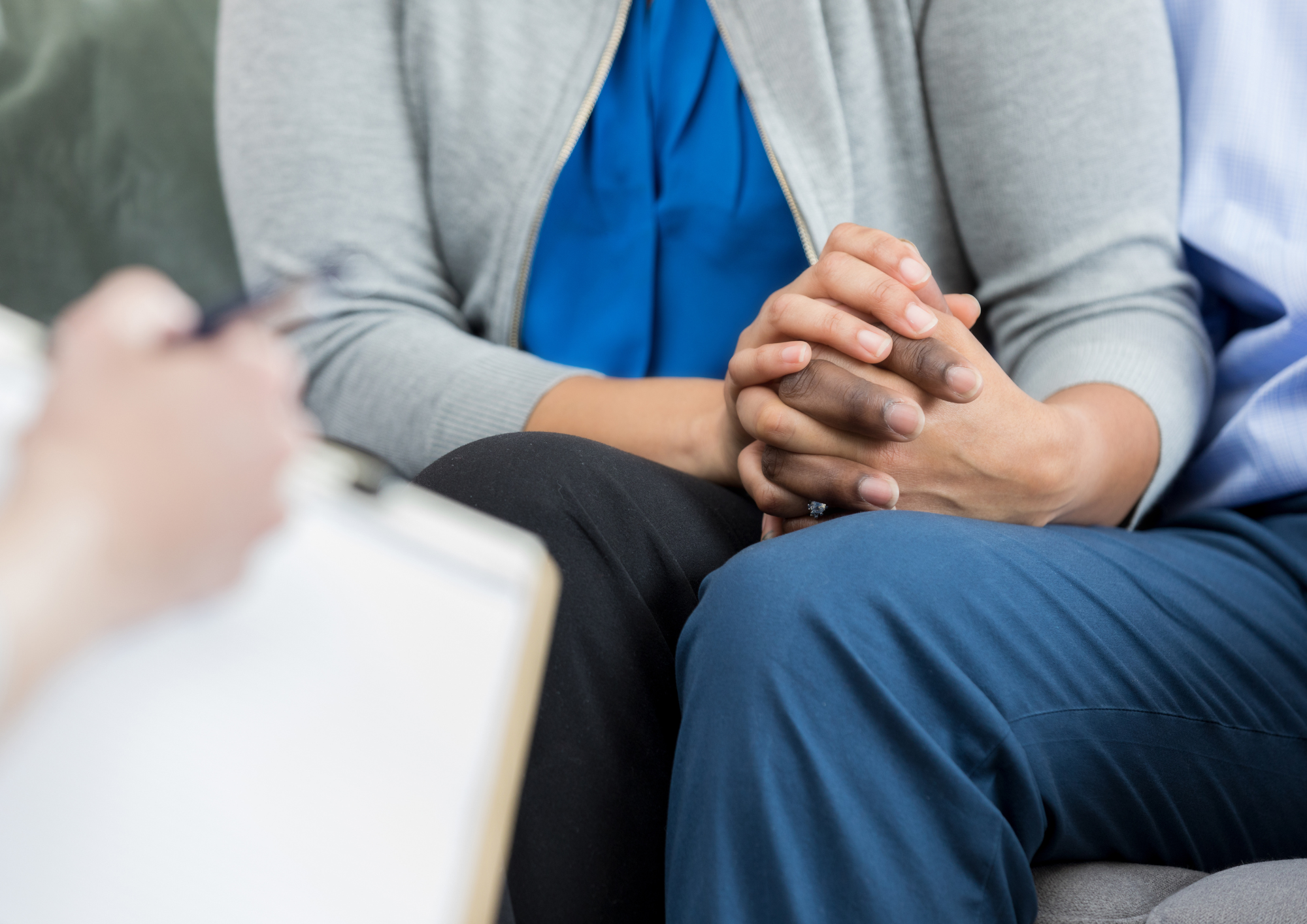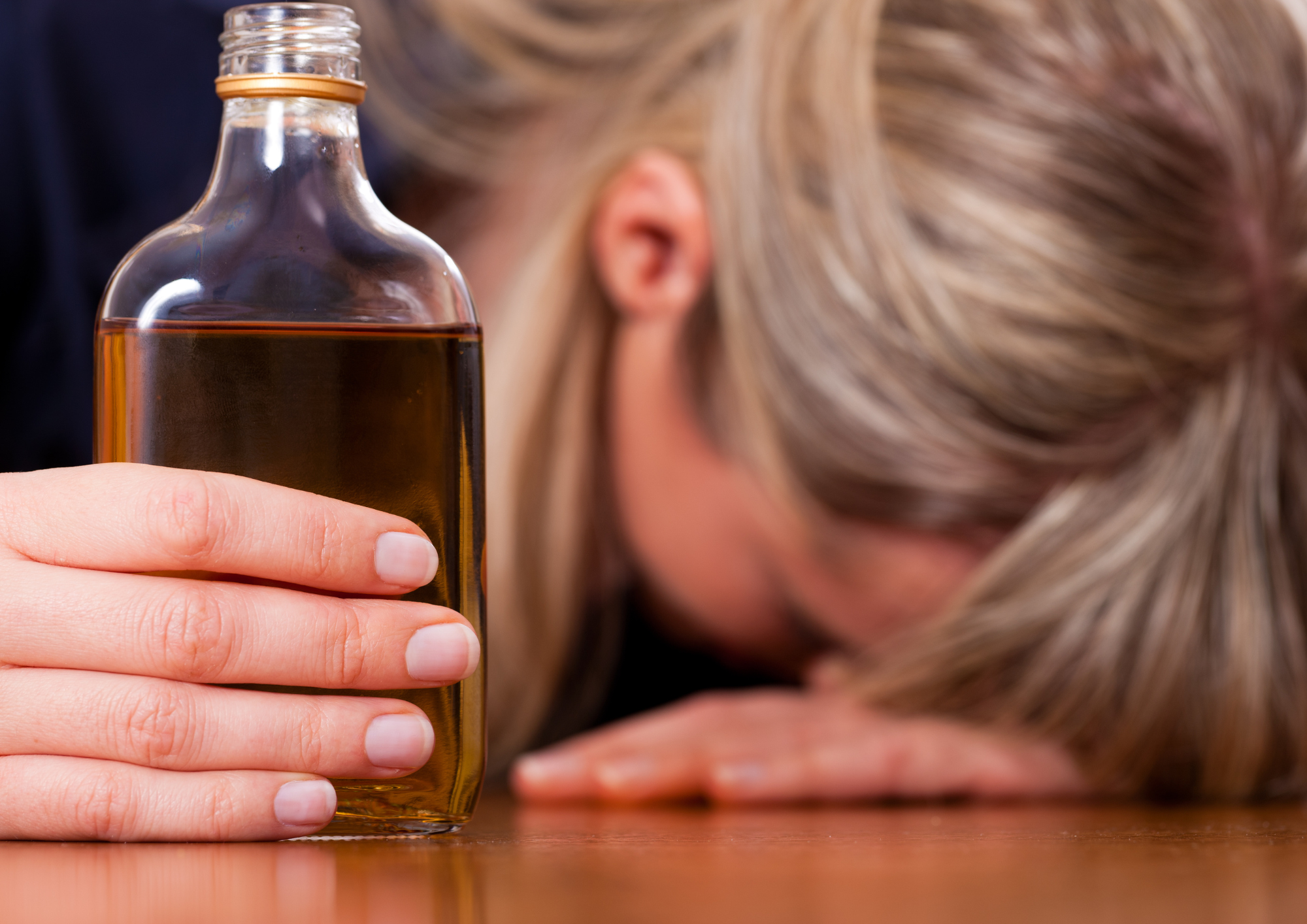Signs of an addiction problem
Recognising your addiction problem can be complicated and often overwhelming, but it is the first step towards recovery. Here are some signs that you may have an addiction problem:
- Loss of control: You find it difficult to control your use of drugs, alcohol, or other addictive substances and may have tried to quit or cut back but have been unsuccessful.
- Neglecting responsibilities: You may have started to neglect essential duties such as work, school, or family obligations due to your addiction.
- Withdrawal symptoms: You experience physical or emotional withdrawal symptoms when you try to stop using the addictive substance.
- Tolerance: You require more addictive substances to achieve the same effect.
- Cravings: You experience strong cravings or urges to use the addictive substance.
- Continued use despite negative consequences: You continue to use the addictive substance despite adverse effects such as relationship problems, legal issues, or health problems.
- Loss of interest: You may lose interest in activities you used to enjoy or stop participating in social activities to use the addictive substance.
If you recognise these signs in yourself, it may be time to seek help. Admitting an addiction problem can be difficult, but it is the first step towards recovery. Many resources, such as support groups, counselling, and treatment programs, can help you overcome your addiction and start living a healthier and happier life.

Admitting you have an addiction
Here are some things to consider when acknowledging that you have an addiction problem:
- Recognise the signs: The first step towards admitting you have an addiction problem is to recognise the signs of addiction. This may include physical symptoms such as withdrawal symptoms, changes in appetite or sleep patterns, or behavioural changes such as secrecy, mood swings, or neglecting responsibilities.
- Acknowledge the impact: It is essential to acknowledge the effects of your addiction on your life and those around you. This may include damage to relationships, financial problems, or physical and mental health issues.
- Seek support: Admitting you have an addiction problem can be a complex process, and it is essential to seek support from friends, family, or a mental health professional. They can provide emotional support, help you develop a recovery plan, and connect you with resources such as support groups or addiction treatment programs.
- Take action: Once you have acknowledged your addiction problem, taking a step towards recovery is crucial. This may involve seeking professional help, attending support groups, or making lifestyle changes to support your recovery.
- Stay committed: Recovery from addiction is a lifelong process, and staying committed to your recovery goals is important. This may involve ongoing therapy, attending support groups, or changing your environment to support your recovery.
